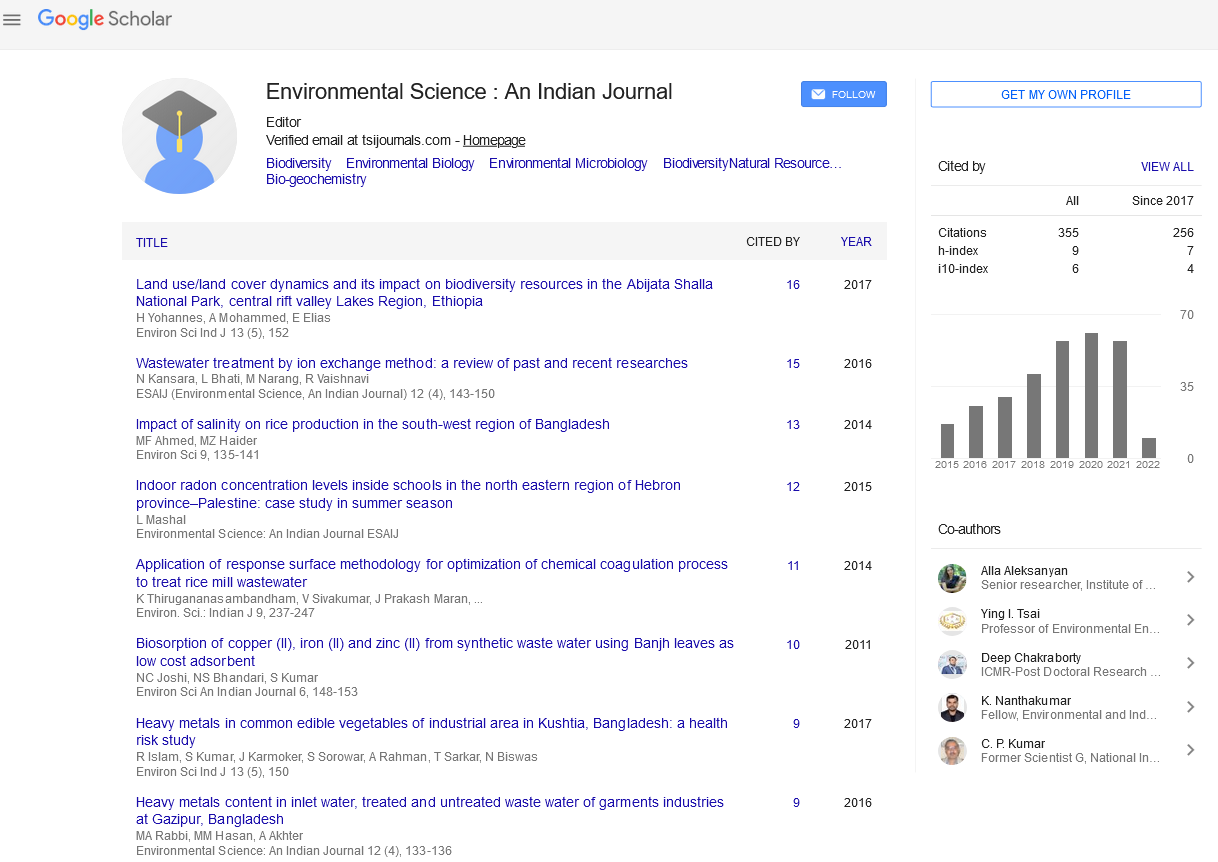Abstract
Cleaning the country using MRF: where waste is a resource and not a burden
Author(s): Chitra MukherjeeAs incomes rise and urban population increases, waste generation rates are expected to increase more than two-fold by 2025 in urban India and the gap between demand and supply of urban waste services increase four-fold by 2030. But urban wastes also provide a means of livelihood to informal sector workers across the world, especially in India. In Delhi alone, an estimated 150,000 informal sector workers help collect, segregate and recycle at least 20% of the 8,000 metric tons of trash that the city generates daily. Thus, they provide a crucial municipal service by reducing the city’s waste management costs and improving environmental and public health conditions in the city. Yet, their work is often brutal, unsafe and unrecognized. Unfortunately, decision makers overlook this sector and implement programs that often lead to livelihood losses for them. Chintan, a New Delhi based non-profit organisation has been working with this marginalized section of the urban population since 1999. Chintan has been working on urban issues, in particular, on solid waste management, and has been engaged with and building up partnerships with informal sectors, waste recyclers to ensure security and dignity for them while improving the quality of the environment. Through regular mentoring of waste pickers and building their capacity through training and supervision, Chintan’s projects, namely the material recovery facilities (MRF), demonstrate that alternative ways of managing urban wastes are financially viable and environmentally and socially responsible. Despite being highly local, these initiatives are also scalable to other culturally diverse locations. Chintan runs MRFs at 4 railway stations, Tughlakabad, Bhopura (Ghaziabad) and Seemapuri (NE Delhi). These MRFs in the middle of the dirtiest of Delhi’s slums are an example of what success looks like. Waste pickers are rehabilitated and waste is recycled.

